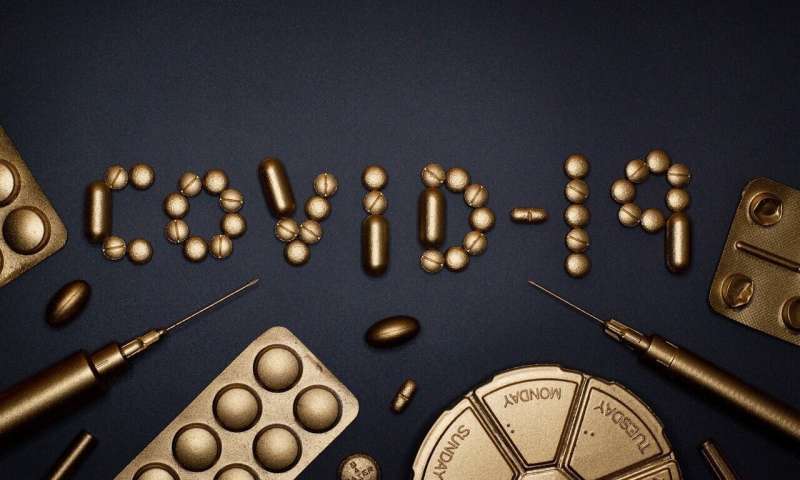

At least half of all patients who survive treatment in an intensive care unit will experience at least one of a triad of problems associated with post-intensive care syndrome, or PICS, and this may be true for people recovering from COVID-19 following ICU care.
PICS can manifest as problems with physical function, cognition and mental health, according to a fact sheet from the American Thoracic Society.
PICS is a relatively under-recognized issue, despite the fact that it affects a large number of people treated in an ICU, according to Patricia Ohtake, PT, Ph.D., an associate professor in the physical therapy program in the University at Buffalo’s School of Public Health and Health Professions.
Ohtake has tailored her recent research on the rehabilitation of ICU survivors to reflect working with COVID-19 patients, particularly how physical therapy can aid in their recovery at home.
She is the senior author on a paper published in the Physical Therapy Journal in which researchers have presented a framework for managing PICS in patients. It’s a framework that potentially applies to the approximately 15% of COVID-19 patients who will require hospitalization, many of whom will be treated in the ICU. The journal fast-tracked publication of the paper due to its relevance to the COVID-19 pandemic.
Researchers hope the paper raises awareness about PICS with home- and community-based providers and, in particular, with physical therapists practicing in home- and community-based practices, since approximately 85% of people are discharged home from the hospital following ICU, Ohtake said.
The paper provides an evidenced-based summary of what researchers know about post-intensive care syndrome as it relates to the care of people who survive critical illness requiring ICU care and are now back home and are recovering from the physical, cognitive and mental health problems associated with PICS.
While doctors and nurses are the first health care professionals people think of regarding treatment of COVID-19, Ohtake and her co-authors examine the important role physical therapists can play.
Given the prevalence and magnitude of physical impairments after critical illness, many survivors, including those recovering from COVID-19, could benefit from physical therapist services after hospital discharge. However, the lack of awareness of PICS may lead to inappropriate and/or inadequate rehabilitation service provision.
“This paper discusses the evidence-based rehabilitation of people with post-intensive care syndrome and is particularly significant right now,” Ohtake said.
“While the manuscript draws from literature investigating people who have survived general, medical, surgical, respiratory, trauma, cardiac and neurological ICU care, the content is also likely relevant to people recovering from ICU care required due to COVID-19 infection.”
Physical symptoms of PICS include muscle weakness, difficulty with walking and balance, problems with taking care of themselves (dressing, bathing), and problems managing medications and finances and other tasks essential for independent living. People also have challenges returning to work and driving.
Mental health symptoms range from mild anxiety or irritability to severe depression, sleep disturbances, and post-traumatic stress disorder. Cognitive changes include difficulty thinking, remembering or concentrating.
People who develop PICS can experience a combination of these symptoms, which may be entirely new problems, or worsening of problems that were present before the critical illness.
Physical therapists can effectively provide treatments to optimize improvements in a patient’s physical functioning, including being able to return to work, according to Ohtake.
Source: Read Full Article